« Troll » is a term laden with history. From the imaginary creature living under bridges to the person deliberately posting provocative messages online to start an argument, trolls have become a reference in our society. As the definition of the word « troll » implies, it is often associated with malicious or spiteful acts.
A new definition has arisen: « patent trolls ». Broadly, it refers to entities filing claims for the sole purpose of pecuniary gain. Although there is nothing illegitimate in acquiring a patent and enforcing the rights granted, patent trolls are often considered as detrimental to society and more particularly concerning Intellectual Property rights.
An empirical study shows that the media frequently portray the entities in a negative light. For example, in 2006, the New York Times used the term « patent troll » 64% when referring to the entities described above and 45% of the time in a negative context.
Mathias Avocats explains the term « patent troll » and stresses the risks they may represent for your company.
What are patent trolls?
The term « patent troll » is misleading. Indeed, it does not apply to one particular entity but to various structures each having their own business strategy. The business model of the entity is irrelevant. The critical element in determining whether an entity is acting as a patent troll is the tactics it uses in litigation. Patent trolls abuse patent law by using the law outside its intent to rack up licensing fees regardless of whether the invention is being used. Patent law aims at protecting an invention, fostering technological development and protecting the inventor or patent holder’s rights (ex: use, manufacture, exportation…). According to the World Intellectual Property Organization (WIPO), «patents provide incentives to and protection for individuals by offering them recognition for their creativity and the possibility of material reward for their inventions ». Patent trolls merely file claims for the pecuniary gain.
Several terms have been used to designate such entities. A gentler way to refer to them is: « non-practicing entities » (NPEs). It covers any type of entity which does not use its inventions such as universities or research and development companies. Within this category are « Patent assertion entities » (PAEs). According to Mr. Breed, a lawyer at Hogan Lovells, they are companies that aggregate patents for the purpose of extracting licensing revenue from companies whose products may infringe upon those patents. They generally do not supply goods or services and their sole objective is to generate royalty revenues from their portfolio. Although NPEs are not all patent trolls, PAEs appear to abuse the patent system for their own gain.
What exactly are abusive litigation tactics?
It must be underlined that each patent infringement case is unique depending on the parties, the alleged infringement, the patent and so forth. Nonetheless, abusive trends can be found when confronted to a patent troll.
A patent troll may threaten a patent holder with a court action even though the infringement is uncertain (ex: cease and desist letter). It may also hide through shell companies which makes the entity hard to identify and defend against. A patent troll may also acquire patents about to expire and sue another entity for a similar invention. In these examples, the patent troll has little if not any proof of an infringement. The main tactic is to scare the other party, so the latter will submit to an agreement.
However, some NPEs strive to support and help patent owners. In 2016, Apple paid Network-1 $25 million for a non-exclusive license on the 227 Patent. The latter protected methods that enable unified search, indexing and displaying and archiving documents in a computer system. Network-1 is a NPE which aims at helping patent owners with their IP rights.
What are the risks?
Patent trolls strive to obtain royalties through a license. One of the main risks when a company is confronted to a patent troll is the limitation of rights attached to the patented invention. Although the company may still be able to use the invention, it will only be able to do so by paying a more or less high licensing fee. This will most likely deter further inventions and take up important resources. The same holds if the company were to take the case to court. It is a costly and lengthy process with an unpredictable outcome. Considering the risks, companies may just prefer to settle.
In the heart of patent troll actions is the protection of IP rights. If a company has not protected them properly, it will not have any leeway to negotiate and will be unable to defend itself. Losing the right to use an invention or having only a limited right on it implies restrictive innovation for the company and a downfall on its products.
What are the next steps?
A company should consult a lawyer or professional when it is faced with an infringement claim. It will help the company better asses the grounds for the infringement and whether or not there is a case. Moreover, the company should also check patent offices’ websites to see if the patent troll does in fact hold a patent. Mathias Avocats further explains how to protect your IP rights.
